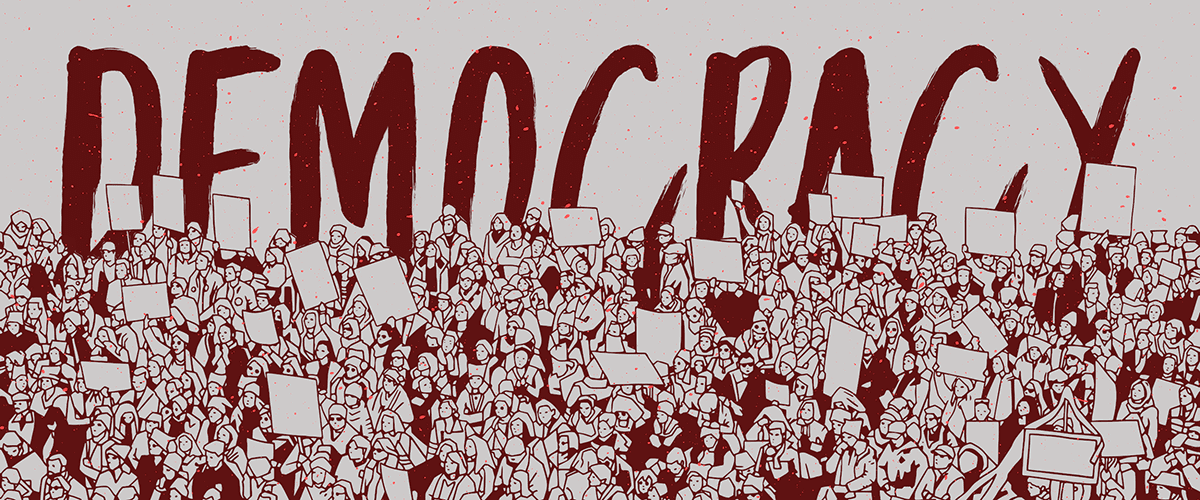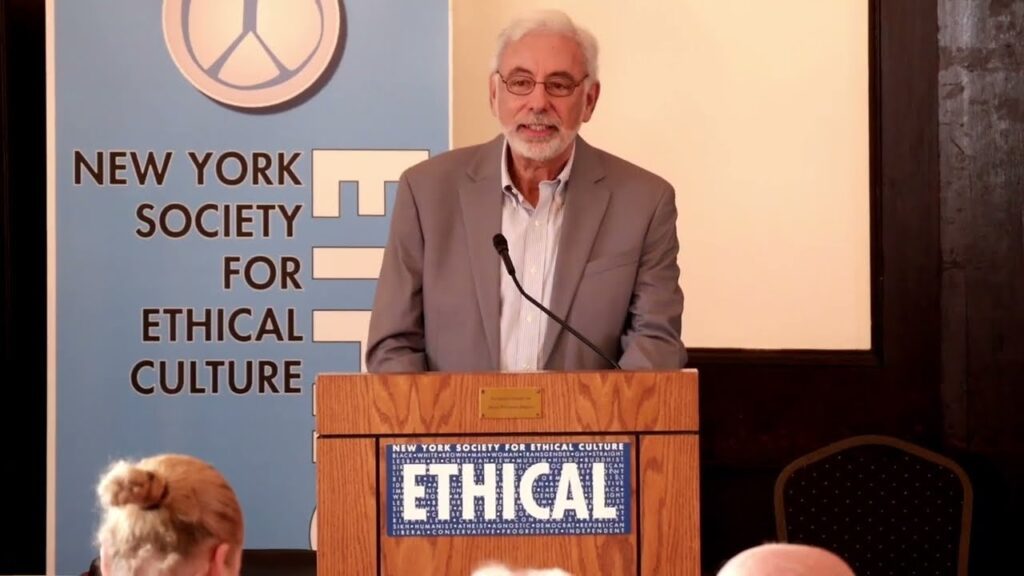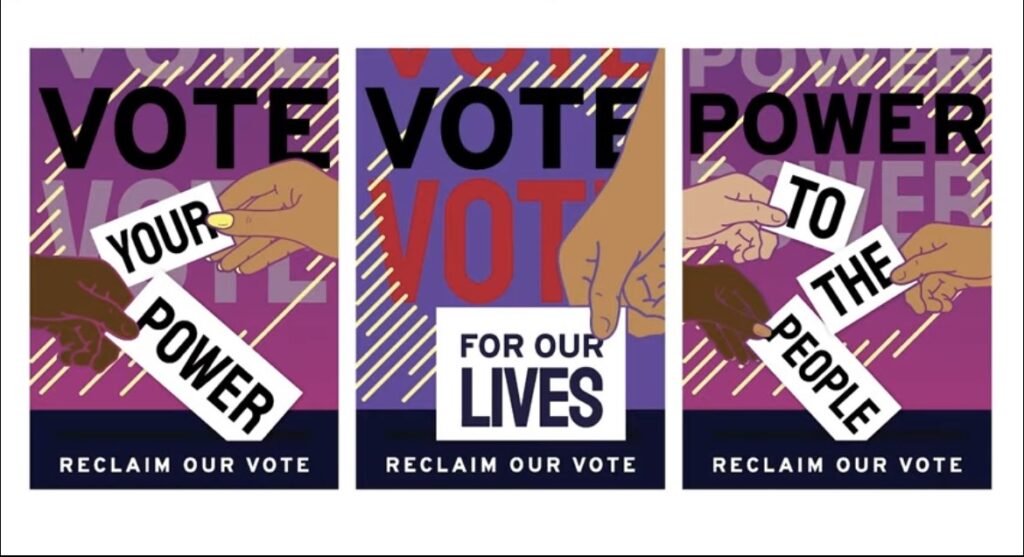
By Dr. Richard Koral, Leader
The fall election season is under way in earnest, although I can’t say that I remember the last season ever having ended. It is a continuous, loud argument that doesn’t take a break. It especially doesn’t end when the feeling is so strong that the debate was never resolved. 2016 does not feel resolved.
Democracy requires that certain fundamental values be shared. The range of debate cannot be so broad that the other side seems like a distant stranger instead of disgruntled in-law. In much of the post-WWII era, the differences between the parties seemed narrower than they do today. The sides seemed to remain within at least shouting distance of each other. But now we seem too distant to even understand each other’s words.
Winston Churchill once said that the political parties must have enough of a common understanding of governance that they will recognize the government when it’s their turn to take over. Neither party should be so extreme as to transform the government beyond the other party’s capacity to repair it.
We have had alternating parties in control of the White House for the last 75 years, and each incoming president re-made the administration in his own image, to be sure. For example, on each first day of a new administration during the last 40 years, the new president entered an executive order reversing the policy of its predecessor on the “gag rule.” That is the regulation that bars foreign women’s health organizations that are the recipients of American foreign aid from advising their clients about abortion. Clinton and Obama each ended the gag rule on Day 1, while Reagan, Bush, and Trump reinstated it when it was their turn. This back-and-forth, tit-for-tat has become a partisan kabuki theater in its predictable repetition.
The current administration has so stretched the bounds of behavior that many fear the guard rails and boundaries, the conventions and traditions, have been irreparably damaged and transformed.
But nothing in the past has approached the concerted effort by the Trump administration to eradicate all traces of President Obama’s administration by cancelling every rule, regulation, and statute implemented during his eight years in office. Call it personal revenge over a personal slight or an intended reversal of governing philosophy, the policy of eradicating the previous administration’s work brings instability, inconsistency, and unpredictability in government.
And that’s just the practical problem. It also undermines the establishment of a national ethic — the common understanding of how we organize society and view ourselves as a polity. For democracy to function, there must be an acceptance of the legitimacy of a decision rendered with due process, even if the policy is objectionable.
On the other hand, policy can’t be made so beyond the range of a generally accepted national ideal and moral vision that the national ethic is violated. The current administration has so stretched the bounds of behavior that many fear the guard rails and boundaries, the conventions and traditions, have been irreparably damaged and transformed.
John Adams wrote that the American Constitution was made only for a moral people and that it is wholly inadequate to the government of any other. He was saying that our society’s compact for orderly self-governance just isn’t for everyone. Some people need the monarch.
It is hoped that this election can show that we are indeed a moral people and that we can restore orderly, experience driven, evidence-based and peopleloving values to the federal government.







